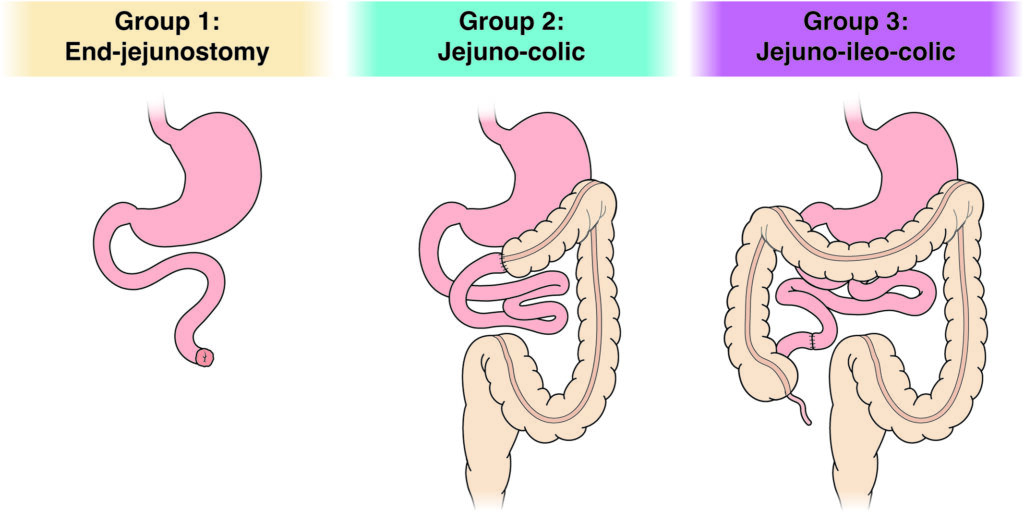Short bowel syndrome resource center
What is short bowel syndrome?
Short bowel syndrome (SBS) is a rare disorder that happens when you don’t have enough small intestine, or it doesn’t work well. Your body can’t absorb enough of the nutrients it needs, such as water, protein, calories, fat, vitamins and other things your body needs. The specific nutrients your body has difficulty absorbing depends on what part of your small intestine has been removed or is damaged.

Related conditions
From teen to adult care

Most children with short bowel syndrome are diagnosed shortly after birth. They typically have a GI condition that requires surgery. Children diagnosed early may have a very different experience with SBS than those who develop the condition as adults.
Parents or caregivers often take the lead role in their child’s health care. But, as children get older, they need to get more involved with their care. Usually between 18-21 years of age, teens and adolescents need to leave their pediatric care team and start seeing different providers who see adults.
This change may seem a bit overwhelming. But for a patient with SBS, it’s vital that changes in care happen smoothly and that all health care needs are met throughout the transition and beyond.
